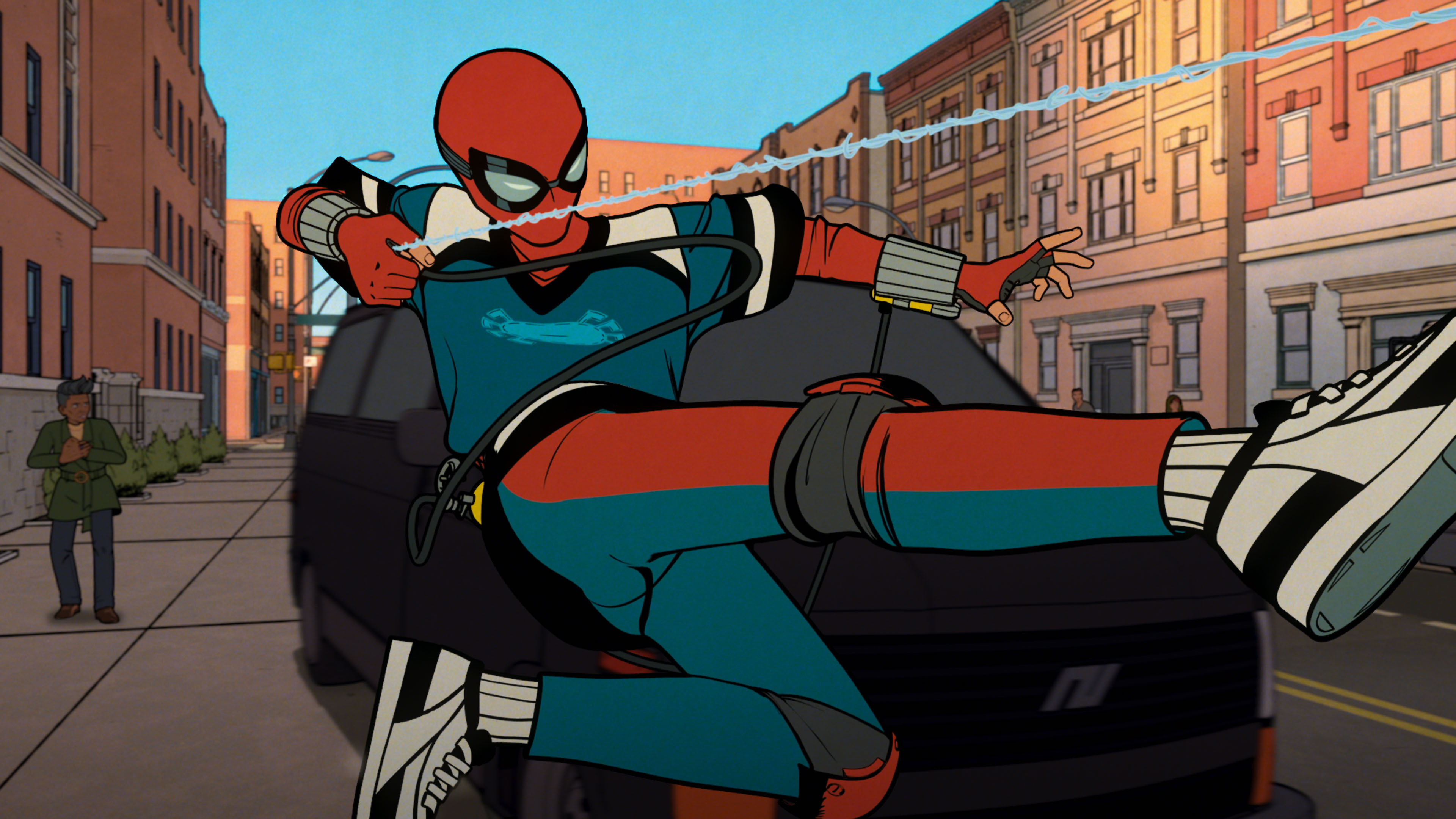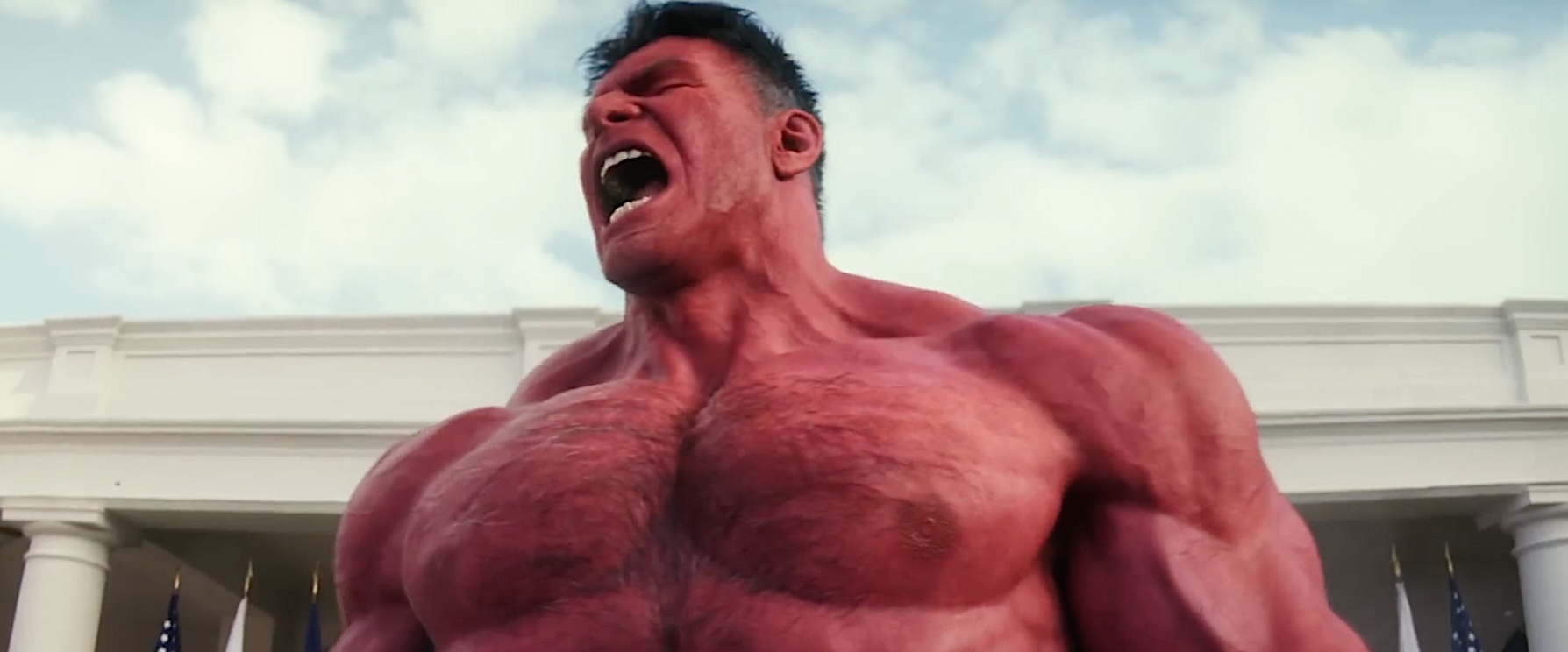Napoleon tells the story of a whole nation through a single marriage. The historical epic, helmed by legendary director Ridley Scott, plays fast and loose with history to craft a Napoleon biopic that’s both conventional and subversive. Scott is happy to play the Dad Movie hits — big battles, meticulous period detail, and a few expertly placed, extremely funny jokes. But in the film’s dramatic beats, Scott and screenwriter David Scarpa push back against the Great Man narrative that so many historical biopics follow. Napoleon isn’t a movie about grand triumph, or about disastrous failure. It’s a story about masculine insecurity, and how it can reduce the world to violence.
Scott’s film recounts the greatest hits of Bonaparte’s rise and fall, beginning in 1789, amid the French Revolution, and ending with his second exile and death on the island of Saint Helena in 1821. Juxtaposed against Napoleon’s campaign of power and ambition is his tumultuous relationship with his wife Joséphine (Vanessa Kirby), which Napoleon portrays as a psychosexual battle that in turn fuels his militaristic ones.
With this structure, Ridley Scott renders Napoleon as a film that somehow feels both frustratingly myopic and intensely considered. Joaquin Phoenix, reuniting with the director for the first time since 2000’s Gladiator, gives a performance that’s an inversion of Gladiator’s power-hungry Commodus, the role that made him famous. Under Scott’s direction, Phoenix crafts a restrained, layered depiction of the legendary French leader. This version of Bonaparte is tremendously assured and wildly insecure, a man who distances himself from his own egotism by acting as if his rise to power is an inevitability that requires no action or plotting of his own. With the acumen of a careful strategist, Napoleon Bonaparte plays the game of king and country, matter-of-factly upending his nation’s tenuous order, and rewriting the balance of power in Europe.
:no_upscale()/cdn.vox-cdn.com/uploads/chorus_asset/file/25090268/Napoleon_Photo_0105.jpg)
But Napoleon doesn’t spend much time belaboring its subject’s power. In spite of the broad 32-year scope, Scott and Scarpa keep the film’s focus narrow, its power plays dispassionate. Treating Bonaparte’s stature in history as settled, the film gives Phoenix room to paint a portrait of the man in conversation with peers, rivals, and his wife, between visually striking and meticulously rendered battles. Those battles are great: Few filmmakers are afforded the resources to operate at this scale, and fewer are so effective at beautifully rendering the violence of men at war. But in Napoleon, the combat sequences are also romantic overtures, a violent manifestation of the tortured letters Bonaparte writes to Joséphine.
Napoleon’s central romance is tempestuous, as Joséphine does not appear to marry Bonaparte for love, nor for power in the palace intrigue of post-revolution France, but rather so they can engage in a prolonged battle of wills and dominance. She openly engages in affairs, becoming front-page gossip in Parisian newspapers. (“BONEY’S OLD BIRD CAUGHT OUT OF THE NEST AGAIN,” one headline crows.) She alternately humiliates him and nurtures him, loathing him and tolerating him. Bonaparte endures his cuckolding even as it renders him rash and irrational, and opens new fronts in his campaign of devotion, convinced that his persistence will eventually result in a wife that is his like France is his. He never figures out that her heart is immune to the might of empire.
:no_upscale()/cdn.vox-cdn.com/uploads/chorus_asset/file/25090277/Napoleon_Photo_0104.jpg)
The result is a frustrated yet understated picture of a man who has an entire historical era named after him, brought down to Earth as perhaps Europe’s most accomplished cuck. Scott, Phoenix, and Scarpa do not demonstrate much interest in how Napoleon’s delusions or flaws justified or made him suited for his seizure of the world’s stage. Instead, they devote the film’s 158-minute run time to depicting how a man’s unchecked insecurity left him forever unsatisfied, dragging the whole world along with him in his malcontent. They don’t bother to mention much about Napoleon’s effect on his country or the world, or identify his policy interests, the ways in which he brought progress or became a tyrant.
Napoleon doesn’t moralize, and it doesn’t lionize its subject. What it does do, at the very end, is tell the audience how many French soldiers died in Napoleon’s battles, throughout his journey to the top of the world and back. Some 3 million lives were lost in the Napoleonic Wars and subsequent conflicts. In tallying that cost, Napoleon reminds us of a time where the known world was plunged into violence by one man’s passions, and explores how easily one man’s insecurities can drown us all in blood.
Napoleon premieres in theaters on Nov. 22, and will stream on Apple TV Plus at a later date.








